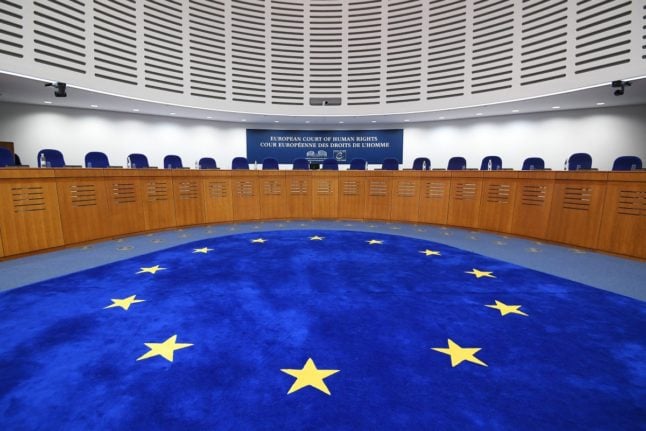The lower house of parliament on Thursday voted by a narrow majority to increase the severity of punishment for homegrown terrorists.
The current sentence of three years in prison or a fine is “clearly insufficient”, said Christian Democrat MP Ida Glanzmann-Hunkeler, reports news agency ATS.
Punishment should act as a deterrent to stop Swiss citizens travelling abroad to join terrorist groups, she added.
Others disagreed with imposing a ten-year minimum sentence, saying such actions are already covered by the Swiss military penal code, which forbids all military service abroad.
As such, when a Swiss engages in war crimes, crimes against humanity or other serious criminal activities abroad, they are already infringing the military criminal code, which carries a maximum sentence of life imprisonment, defence minister Guy Parmelin said.
At the same time, the house rejected an initiative to step up surveillance measures to identify potential extremists in Switzerland.
Supporters of the initiative called for the country to improve the surveillance of terrorist groups on social media to identify cases of incitement to violence, but Parmelin said the government had already reinforced its internet surveillance measures last year.
According to the government, while the tools available to anti-terrorist services in Switzerland may seem modest compared with other countries, they respect citizens’ fundamental legal rights, reported ATS.
The issue of radicalization on home soil is a major concern for the Swiss federal government.
In December Switzerland announced its intention to create 86 new jobs dedicated to combatting terrorism, shared between the country’s national intelligence services, federal police, migration services and border guards.
Last October Switzerland signed up to a European protocol aiming to prevent people from travelling to join terror groups such as Islamic State.
The amendment to the Council of Europe Convention on the Prevention of Terrorism criminalizes early preparations for terrorist activities under international law.



 Please whitelist us to continue reading.
Please whitelist us to continue reading.
Member comments